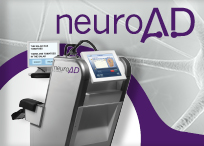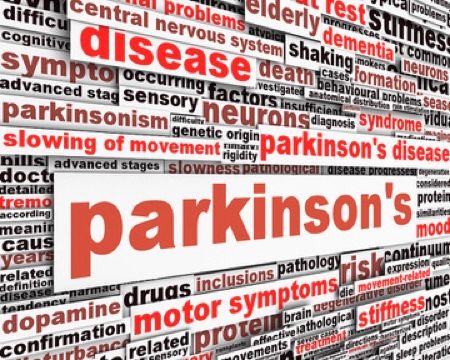NeuroAD- Breakthrough Treatment for Mild to Moderate Alzheimer’s Disease
Discover NeuroAD, a technology-based treatment option for early to moderate stages of Alzheimer's Disease. Learn how this non-invasive, six-week intensive treatment of daily one-hour sessions works, including the use of Transcranial Magnetic Stimulation (TMS) and tailored cognitive exercises.

NeuroAD, is a non invasive, technology based treatment option for the early to moderate stages of Alzheimer’s Disease. This treatment takes time and commitment, as it requires a six week intensive treatment of daily one hour sessions five times per week.
This non invasive treatment is presently available in the EU. It is presently in clinical trials in the US.
So, how does this system work?
This treatment is used concurrently with Alzheimer’s medications.
The treatment is painless and includes a tailored cognitive exercise program developed specifically for each patient, while simultaneously receiving focused Transcranial Magnetic Stimulation (TMS).
What is Transcranial Magnetic Stimulation?
This is a non invasive procedure that uses magnetic fields to stimulate nerve cells in the brain. It is presently used as a relatively new treatment for depression. The procedure places a large electromagnetic coil on the forehead. The coil creates electrical stimulation that involve mood control. These pulses are the same type and strength of you experience when having an MRI. The pulses are given in rapid succession and has been found to have lasting results.
A patient will be asked to sit in a chair very similar to one in the dentist office. You will have to remove jewelry and any metal, just as if you were preparing to have an MRI.
If you are a person that is not permitted to have an MRI, due to a pacemaker etc., you may not qualify for this treatment.
Ear plugs are given, as there is a loud clicking sound that occurs, much like the sound you hear when you are having an MRI.
During this treatment, the patient is asked to do the cognitive exercises designed specifically for the patients present cognitive abilities.
The procedure must be done by Certified TMS credentialed physicians.
The most common side effect of this procedure is a headache that is usually treated with over the counter medications. Other side effects may be hearing problems after a session and painful facial twitches. Seizures, although uncommon, are the most severe side effect.
Transcranial Magnetic Stimulation (TMS) is a promising new treatment for mild to moderate stages of dementia. It is a non-invasive procedure that uses magnetic fields to stimulate neurons in the brain, which can improve cognitive skills, alertness, and memory. TMS has been used to treat types of dementia such as Alzheimer’s disease, vascular dementia, frontotemporal dementia, and Lewy body dementia. Studies have shown that TMS may be an effective approach for improving cognition in patients with mild to moderate stages of these types of dementias.
Although research results have been encouraging so far, further studies are needed to confirm the safety and efficacy of this therapeutic option. If you or someone you know is living with dementia, speak to your doctor about the potential benefits of TMS as a treatment option. It may be able to help improve memory and cognitive skills affected by the condition.
Here is a link to see if you have a clinic trial in your area
You might also like this article:


